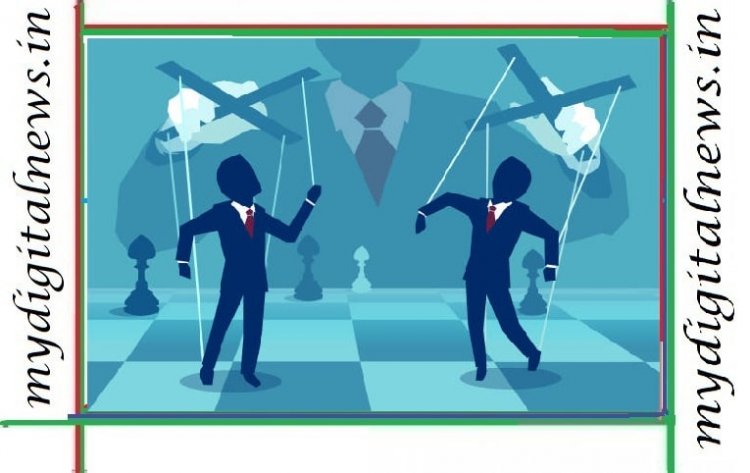Lobbying - What is it ? journalist, is it fraud ?,is it legal or ethical ?
Lobbying journalist, is it fraud? is it legal or ethical?

Lobbying:
The concept of lobbying was derived from the Member's Lobby of the House of Commons in UK where the journalists used to assemble and it has been described as 'the Prime Minister's most useful tool for the political management of the news'. This system is a very important resource that British governments use and was criticized to be used by politicians for keeping control of information flows to the media and hence to the general public. It is also clear, despite claims to the contrary by those who have utilized it that it is a unique system within Western democracies.
This does not mean that other governments do not attempt to manage information, of course they do but it is a normal practice to appoint a party political spokesperson who openly represents the government position and is attributable. Not so in Britain, the Government Press Officer is actually a member of the Civil Service, and thus officially politically neutral, and, uniquely, deals with the media through a kind of secretive 'ritualistic process'.
The Lobby system 'mirrors the secrecy that surrounds so much of the government and allows the government of the day to present its own unchallenged versions of reality'. All the national newspapers, television and radio broadcasters are represented in the lobby where they are usually briefed by the Prime Minister's Press Secretary.
Lobby became a government press conference which could dispense unattributable information. When a Government Press Secretary gives a briefing there is a strong likelihood that it will appear as a news item, 'replete with the political spin he places on it'. Clearly the Lobby works well for the media, in the sense that it is relatively easy to obtain a news 'story' in time for the evening news or the morning editions. It also works well for the government of the day by providing a system of information management which allows it to control and structure the media's political news agendas.
However, Hennessy condemns the practice as not working in the interests of anyone else. He argues that 'any system of mass non-attributable briefings is a restrictive practice rigged for the benefit and convenience of the givers and receivers of information and against the interests of the consumer - the reader, the listener, the viewer and the voter'.
One of the techniques most commonly used in carrying out issues management campaigns is lobbying. According to Cutlip lobbying involves 'direct attempts to influence legislative and regulatory decisions in government' and public affairs are the 'specialised public relations efforts designed to build and maintain community and governmental relations'. Not surprisingly, because they have overlapping definitions, the two terms are often used interchangeably, although it can be argued that public affairs have a wider remit.
Charles Miller at Citigate Public Affairs feels that there is difficulty in defining both public affairs and lobbying, and feels that the latter is 'any attempt to influence the decisions of the institutions of government'. In the USA, vast amounts of cash are spent on lobbying, $1.45 billion in 1999. The group that spent the most was the American Association of Retired Persons, followed by the American Israel PublicAffairs Committee, the National Federation of Independent Business and the National Rifle Association. In addition, companies spent money on supporting their own interests.
Lobbying can be either defensive (designed to abolish or amend an existing law) or offensive (aimed at pushing the authorities to create a law). The key to lobbying is to understand the legislative process.
What's Your Reaction?











































































